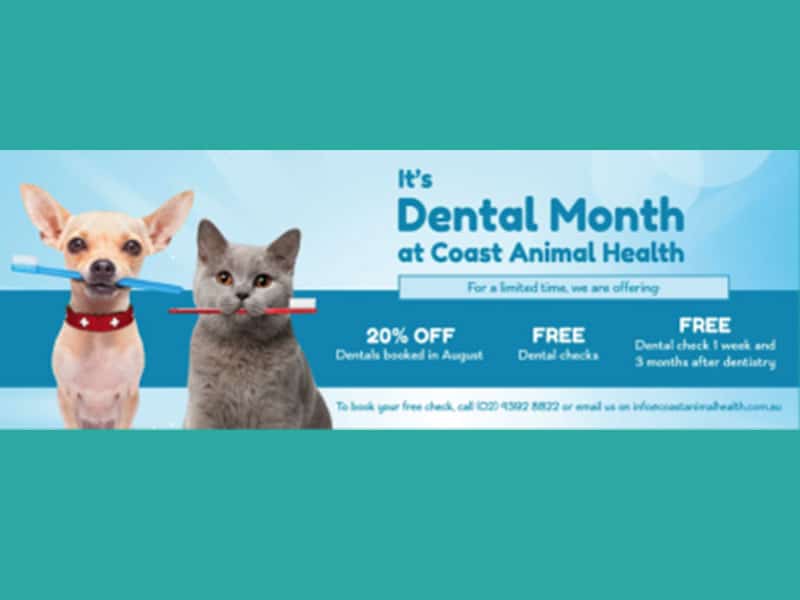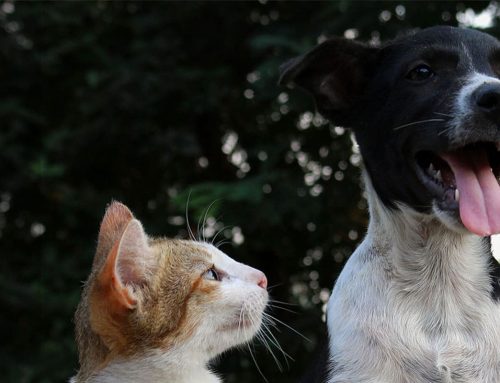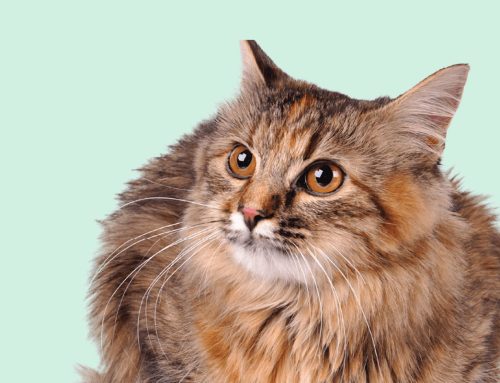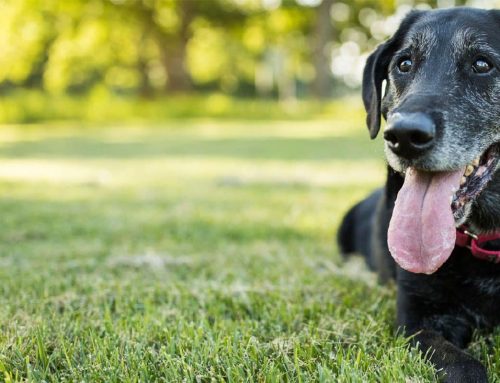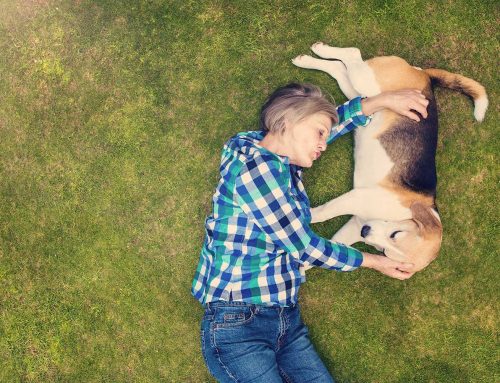What happens when your pet comes in for a dental assessment or procedure.
Did you know 80% of pet’s aged 3 years and over on the Central Coast are suffering from dental disease, smelly bad breath, loose teeth and can be reluctant to eat.
Our vets at Coast Animal Health Lake Haven offer a free dental assessment for all animals, dogs, cats and rabbits too.
Sam was admitted into Coast Animal Health – 231 Wallarah Road Kanwal for a dental procedure. Sam suffered from smelly breath from the plaque and tartar build up on his teeth, as well as gingivitis (inflammation of the gum tissue)
Dental Assessment
During a dental check our vets will advise you if your pet requires a dental clean and if any extractions are expected. An estimate of costs will be provided for the expected treatment. During the procedure we will thoroughly examine the mouth, clean the teeth and we will extract any disease teeth.
Dental Procedure
On the day of the procedure a nurse will admit your pet. They will perform a pre-anaesthetic exam taking all the vital signs such as heart rate, respiratory rate and temperature prior to starting.
Surgical patients including dentals, are admitted into hospital in the morning usually between 8-10am and surgery happens between 11am and 3pm. This allows time for your pet to settle into its hospital bed, have their pre-anaesthetic exam, any blood drawn for pre-anaesthetic tests if required, have an intravenous (IV) line placed and supplementary fluids started prior to surgery where required. We give a sedation which allows for a smoother anaesthetic induction and also provides pre-operative pain relief.
A vet will formulate an anaesthetic plan best suited to your pet.
Pre-anaesthetic blood tests are not mandatory but are highly recommended, particularly in older patients which are more likely to have underlying diseases. The results of the blood tests will allow us to tailor the anaesthetic plan, any other medications, and overall treatment plan specifically for the health and welfare of your pet. They may even identify a previously unknown medical condition which could be important to treat!
Once your pet is ready to go to surgery they are given an anesthetic induction via their IV line which will make them unconscious. We then place a tube down their airway and deliver oxygen and anaesthetic gas directly to their lungs which will keep them asleep during the remainder of the procedure. The tube also protects their lungs and airway from any water, bacteria, blood and mucous released from their mouth.
During the dental procedure our nurses will monitor vital signs such as heart rate, respiratory rate, blood pressure and oxygen levels in the blood. They closely monitor the patient’s body temperature as it is common for animals to lose heat through the tongue as we are using a lot of water to cool the dental instruments.
Just like at a human dentist the teeth are cleaned using an ultrasonic scaler that is able to access under the gingiva. This is cooled using a spray of water coming out form the tip of the scaler to avoid heat damage to the teeth. The teeth are then polished with a rotating polishing head and paste to give a nice smooth finish which helps to prevent the recurrence of plaque and tartar on the teeth.
In recovery your pet is closely monitored until they are fully awake.
When your pet is in recovery we will you a call and book you in for a discharge with his/her surgeon.
They are typically discharged back into your care in the early evening.
It is important that pets are fed only soft food for a couple of days after an extraction while the mouth is healing.
On discharge, we will book your pet in for a recheck in 7 days where we will check how your pet’s mouth is healing and then our vets will make you a dental home care program that can reduce the incident of dental disease in your pet.
There are many different types of dental preventatives that we recommend:
- Feeding Royal Canin Dental dry food as part of their daily diet
- Daily brushing with an animal toothpaste (do not use human toothpaste) – our friendly nurses will happily show you how to introduce and get your pet used to daily brushing.
- Healthy Mouth water additive
- Give daily Oravet dental treats

